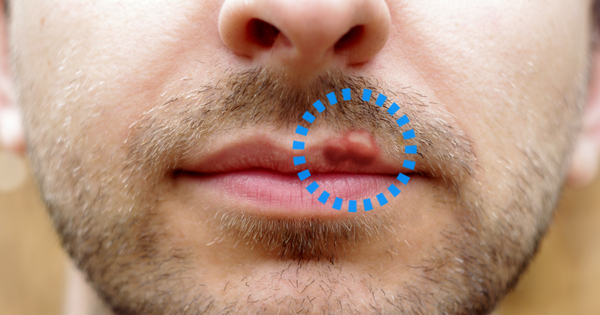Advertisement
A new report from the World Health Organization has some disturbing news: most people in the world have herpes.
This report found that around 67 percent of the world’s population has herpes simplex virus type 1 (HSV-1), the virus that causes cold sores.
That means there are about 3.7 billion people under the age of 50, worldwide, who have HSV-1, in addition to the 417 million people with HSV-2.
This doesn’t mean that everyone is running around, being irresponsible about their sexual habits. Most people with HSV-1 catch it in childhood, through shared drinks or chapstick or other forms of shared germs.
The concentration of infection was highest in Africa, Southeast Asia, and the Western Pacific. North and South America had 320 million cases.
It’s generally called “oral herpes,” but it can be transmitted to any part of the body. Half of the HSV-1 cases reported were genital herpes cases for this very reason. These were more common in the Americas, Europe, and the Western Pacific, where oral cases of HSV-1 as children are becoming less and less likely.
Study authors say that this is a wake-up call to develop a vaccine for both types of herpes simplex. Sami Gottlieb says that this kind of vaccine would have “far reaching benefits.”
Of course, if you’re one of the unlucky ones who got a cold sore as a kid or has genital herpes, there’s little need to fret.
Medication can soothe your symptoms faster, and daily antiviral meds can keep you from spreading to your partner during an outbreak. But if you can, just avoid oral-to-oral or oral-to-genital contact during an outbreak, and no sharing things you know could spread it.




